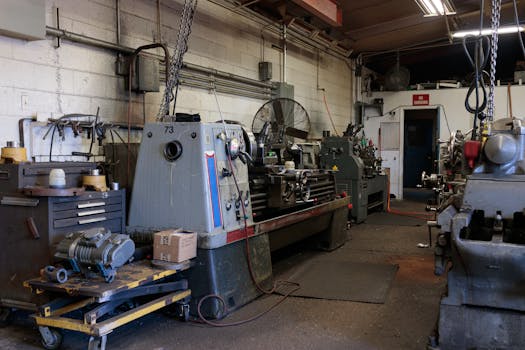You can complete a foundation degree or degree to become a marine engineer.
Courses include:
- marine engineering
- marine technology
- naval architecture
- offshore engineering
Entry requirements
You'll usually need:
- 4 or 5 GCSEs at grades 9 to 4 (A* to C), or equivalent, including English, maths and science
- 2 or 3 A levels, or equivalent, including maths and a science for a degree




